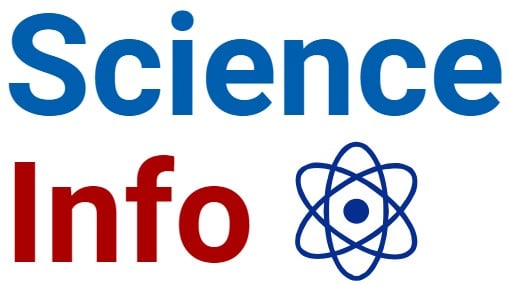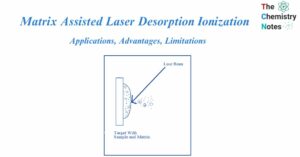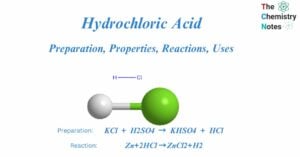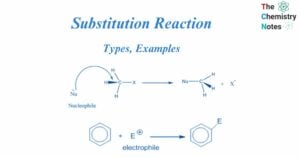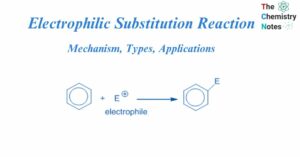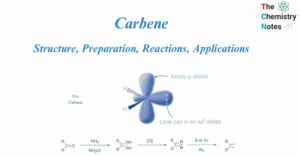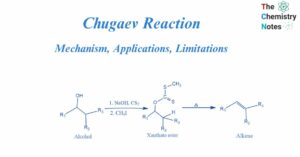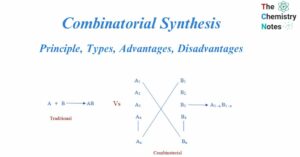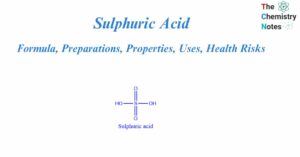Matrix Assisted Laser Desorption Ionization: Applications, Advantages, Limitations
Matrix Assisted Laser Desorption Ionization (MALDI) is a soft ionization technique used in mass spectroscopy that allows the analysis of biomolecules (biopolymers such as DNA, proteins, peptides, and sugars) and organic molecules (such as polymers, dendrimers, and other macromolecules) that … Read more
